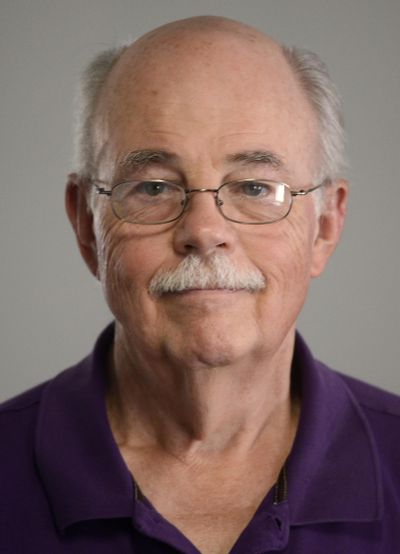Faith and Values: Begging for some truth pieces

Are you ever puzzled? I find myself puzzled most every day. It’s usually because I don’t seem to find the right truth piece(s) to fit into the larger Truth Puzzle I seek. They aren’t easily found, even when I internally beg to find them.
The “begging bowl” is an ancient monastic tradition. The tradition is simple, yet profound. I discovered the begging bowl through “Everyday Sacred,” a book by Sue Bender.
Put simply, a monk would go out of the monastery with his begging bowl. Whatever was placed in his bowl would be his food and drink for the day. He trusted in the goodness of God and other people for his very survival.
The begging bowl is a useful metaphor today for when we go looking for any kind of truth piece in our culture, in our faith community and sometimes even in our very personal relationships. I speak of “truth pieces” out of my firm conviction that NO ONE has the full truth, only pieces at best.
Why do we have to beg for the most accurate truth pieces? You can no doubt quickly identify in your own heart the chaotic efforts you use to escape telling “the truth.”
Followers of Jesus are challenged by his words in John 8:31-32: “If you continue in my word, you are truly my disciples; and you will know the truth, and the truth will set you free.”
Free from what? He means “sin,” religious code for “separation from God.” Consider: Anything that separates us from God’s embrace of unconditional love is on us, not God. We, not God, initiate and perpetuate the separation. Shocked? Don’t be.
Recently, we seem to substitute talking points for truth, diatribe for dialogue. Whether we talk politics, religious belief or personal matters, we seem to either project or protect our fears. We don’t or can’t realize how we’re separating ourselves from other people – and from God.
A normal 1,000-piece jigsaw puzzle can be frustrating enough. Years ago, my wife and I were introduced to a sadistic puzzle. It had no defined borders, but it had extra pieces, and when finished, it didn’t look exactly like the picture on the box.
Can you imagine TRUTH as a gigantic 144-billion-piece jigsaw puzzle? I can’t. But I can imagine that TRUTH in its entirety might be that big.
I’m convinced that God’s Truth Puzzle: 1, has no borders that we can fully define; 2, has extra pieces – sometimes made by us and shaped like our biases to justify our unwillingness to search any further; and 3, more than likely will be much greater than the picture we’ve implanted in our boxed-in imaginations.
In her wonderful description of Benedictine spirituality, “Wisdom Distilled from the Daily,” Sr. Joan Chittister tells my favorite monastic story from long ago:
“Once upon a time a visitor came to the monastery looking for the purpose and meaning of life. The Teacher said to the visitor, ‘If what you seek is Truth, there is one thing you must have above all else.’
“ ‘I know,’ the visitor said. ‘To find Truth, I must have an overwhelming passion for it.’
“ ‘No,’ the Teacher said. ‘In order to find Truth, you must have an unremitting readiness to admit you may be wrong.’ ”
This most pliable puzzle piece – humility – will fit anyplace in the Truth Puzzle. It may be the most important truth piece. I suspect there also are many versions of it in the puzzle. Of course, I may be wrong.
Care to join me in looking for more pieces of the Truth Puzzle? Bring your begging bowl to hold those truth pieces.
The Rev. Paul Graves, a Sandpoint resident and retired United Methodist minister, can be contacted at welhouse@nctv.com.